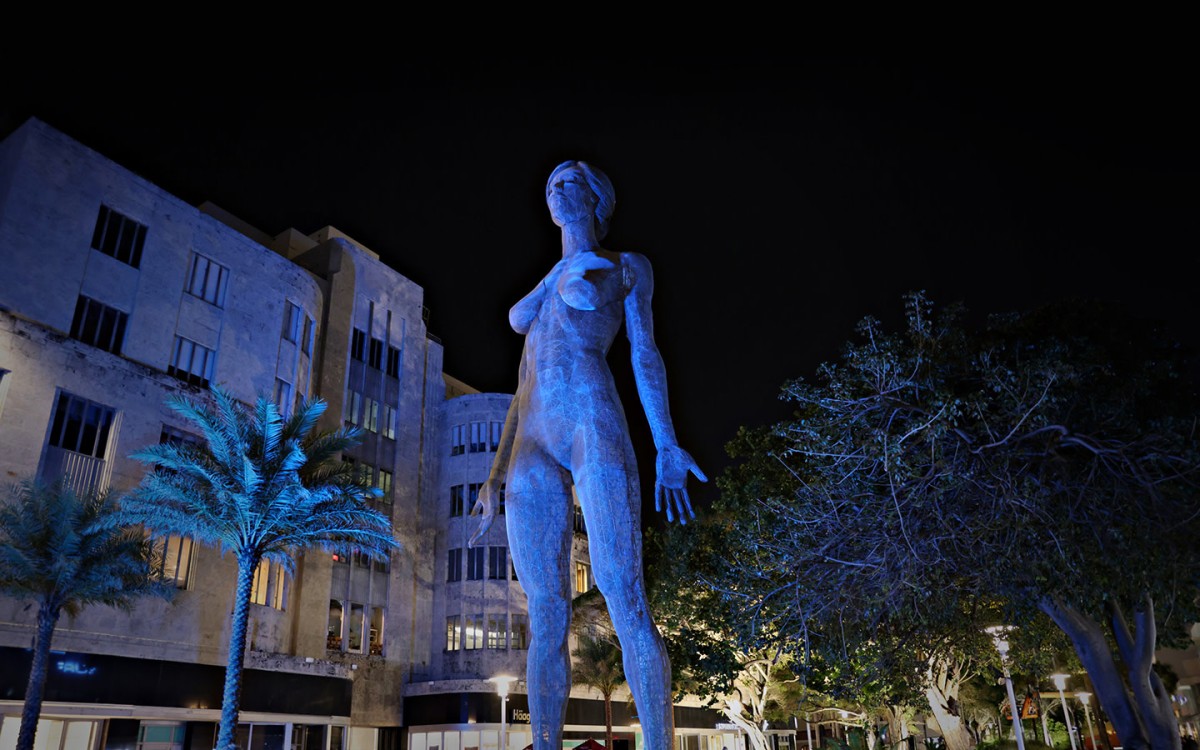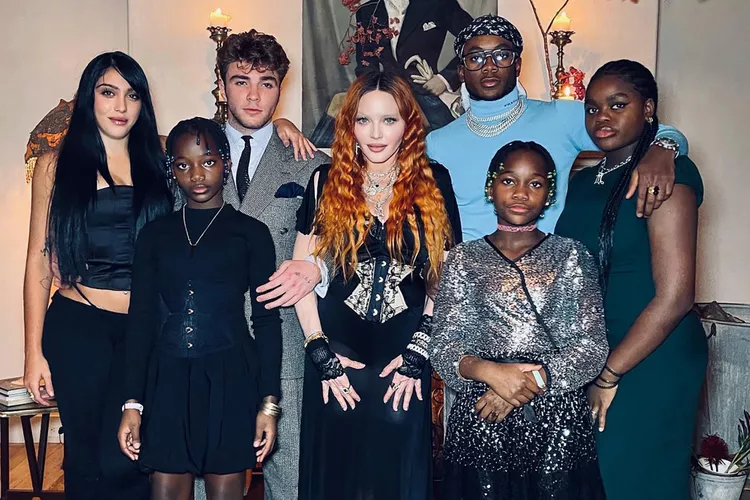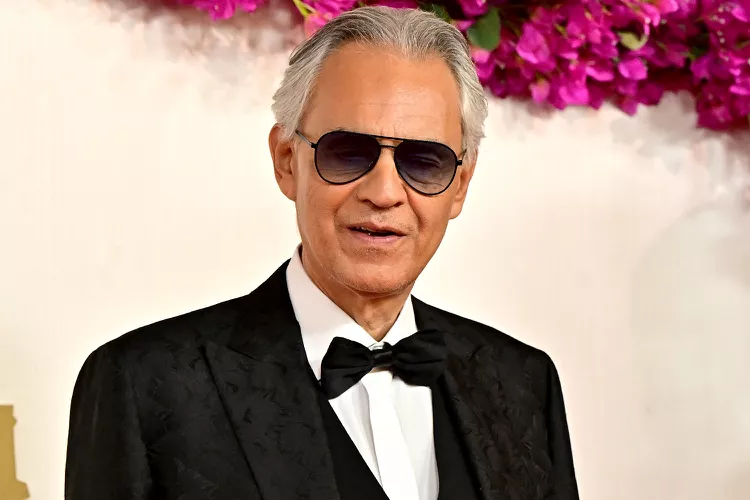This pursuit began with his International Submarine Band, which released the album “Safe at Home” in 1968. It features a fascinating mix of Parsons originals such as “Luxury Liner” (famously covered by Emmylou Harris in 1976) and covers of songs by country stars such as Haggard and Johnny Cash. “Safe at Home,” though, failed to find much of an audience. It did, however, get Parsons heard by some very important people, namely Roger McGuinn.
The Byrds were among the most influential American bands of the mid-1960s with McGuinn piloting the group through several lineups and five albums that joined heavenly harmonies with jangling guitars. The Byrds spearheaded folk-rock (with Bob Dylan’s “Mr. Tambourine Man” before Dylan himself went electric) and then psychedelic-rock (check out the McGuinn/Gene Clark/David Crosby original “Eight Miles High”), while also flirting with country-rock, most notably early on with a cover of “A Satisfied Mind,” which Porter Wagoner took to the top of the country charts back in 1955.
The Byrds’ “Sweetheart of the Rodeo,” though, marks the first time a rock band had gone full country thanks, in large part, to the addition of the then largely unknown singer-songwriter Parsons. “Gram has added a whole hunk of country,” McGuinn told Rolling Stone magazine’s Jerry Hopkins. “Gram’s bag is country and we’re going to let him do his thing.”
Released Aug. 30, 1968, “Sweetheart of the Rodeo” contains Parsons’ greatest song, “Hickory Wind,” which opens side two of the album. Parsons coauthored the song with his former International Submarine Band member Bob Buchanan and sings every line as if he were utterly homesick, perhaps for a home that no longer even exists. He’s trying to make sense of a life gone wrong — a life only complicated, not helped, by wealth and success — his sweet, plaintive vocal augmented by his own piano playing as well as McGuinn’s banjo, Lloyd Green’s pedal steel and John Hartford’s fiddle.











